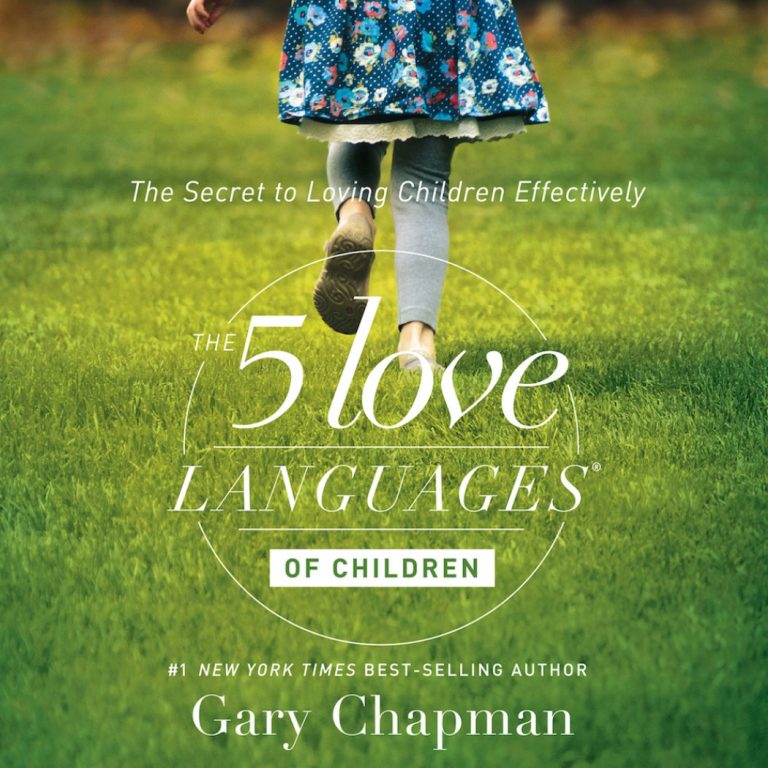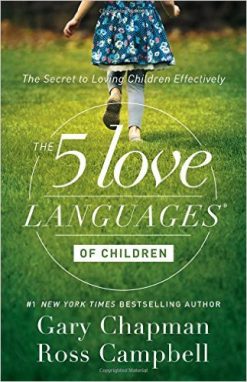
“Anger’s the most troublesome emotion in family life.”
All you have to do is scroll down your Facebook feed or flip on the news to realize there are a lot of angry people out there.
And if I’m being honest, there are times when anger simmers and wins in my own house.
So how do you squelch the anger? There’s no magic pill, but I think it starts with how well we love each other in our families.
Recently we had the pleasure of having Dr. Gary Chapman as a guest on our Parent Cue Live Podcast. I got so much out of the podcast, I ordered the book he discussed: The Love Languages of Children : The Secret to Loving Children Effectively. That seems like a pretty good secret to know. Most of us already feel stressed out and overwhelmed. We don’t need more to do; we just need to do some things better. Gary Chapman and Ross Campbell suggest we focus on learning and speaking our children’s love language!
They unpack the idea of intentionally filling up our children’s emotional love tanks. If our childrens’ love tanks are on empty, it will be hard for them to be or do their best, and they are more likely to get angry or act out. We can fill their “love tanks” more effectively when we focus on learning each of our children’s unique love language. Every person is individually wired to receive and understand love in different ways. So it’s important to discover when and how our children feel loved by us.
FOCUS ON THE FIVE LOVE LANGUAGES
1. Physical Touch is the easiest (and sometimes most awkward) love language.
- Boys typically get a lot of physical touch from playing games and rough housing, but it’s important to look for other opportunities too.
- Girls who don’t experience physical touch regularly and safely from Dad and others often go to extremes– quietly withdrawing or craving a lot of attention and reassurance from boys in unhealthy ways.
2. Words of Affirmation call out what’s at the core of each child or teen.
- More than general praise, it is specifically pointing out characteristics and abilities that make them one-of-a-kind.
- Finding opportunities to affirm kids more than 3 times a day gives them courage to keep going and attempt even more.
3. Spending Quality Time says, “You’re important. I like being with you.”
- A lot of childhood misbehavior is an attempt to get more attention from Mom and Dad, even if it is negative attention.
- Punishments like “time out” or sending them to their room really hurt kids or teens that desperately want positive time together.
4. Meaningful Gifts are symbols of love and hold special memories.
- There’s no doubt kids and teens love presents, but they don’t make up for not being physically present and available.
- As kids get older, it’s best for them to help choose their gifts or for the gifts we give to affirm something we know about them.
5. Acts of Service are the big and little things we do that prove we care.
- Part of a parent’s job description is to cook, clean, carpool, grocery shop, do laundry, repeat. Instead of seeing them as chores, see them as ways to show love.
- Surprise older kids, occasionally, by doing things for they are expected to do for themselves.
You’ll want to make sure you give your kids a healthy dose of all five of these, but start thinking about what your kids respond to most. Even better, take the assessment on the The 5 love languages website.
Then do something specific this week to speak in your child’s love language. Post a picture on social media of it using #parentcue by February 15th for a chance to win a copy of The Five Love Languages for Children.
Share in the comments below what you do to love your kids in the way they understand. I’ll share some of things I’m doing in my next article.
Source: The Parent Cue









